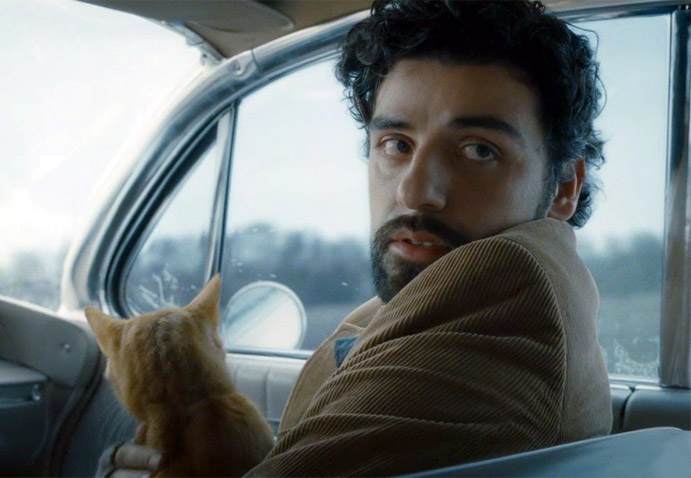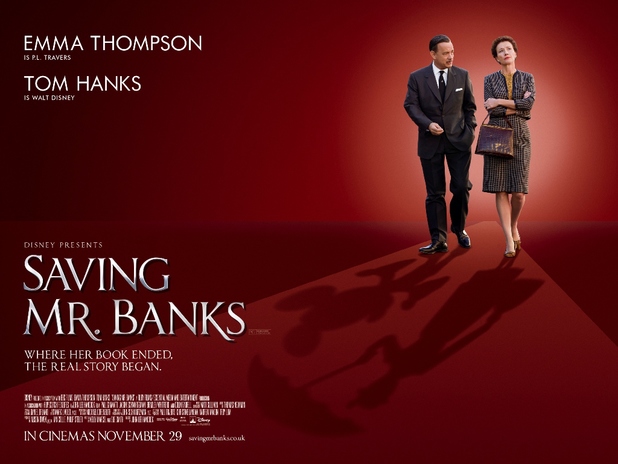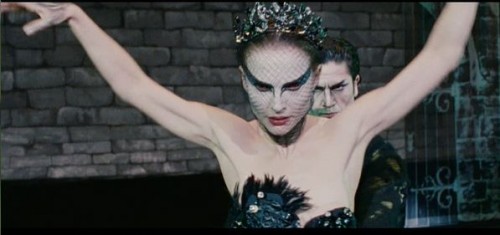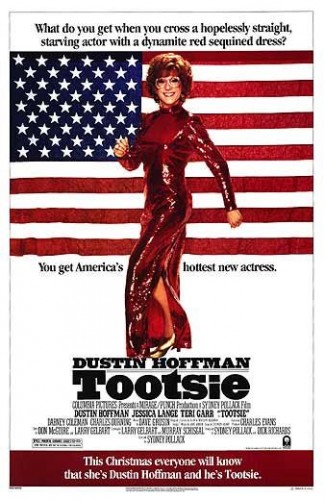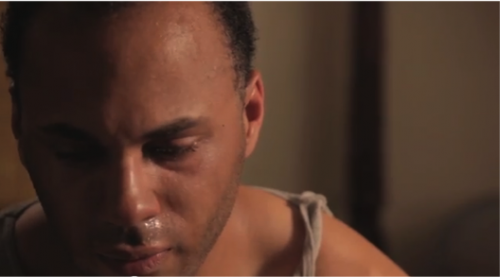What’s Missing ‘Inside Llewyn Davis’ and ‘The Punk Singer’
Films like ‘Llewyn Davis’ make me particularly grateful for documentaries. Sini Anderson’s ‘The Punk Singer’ (disclaimer: I know Anderson slightly and produced one of her shows when she was with Sister Spit in the ’90s) is all about music and politics: feminism and women, while focusing on one person, Kathleen Hanna, formerly of the bands Bikini Kill, Le Tigre and current front-woman of The Julie Ruin.
